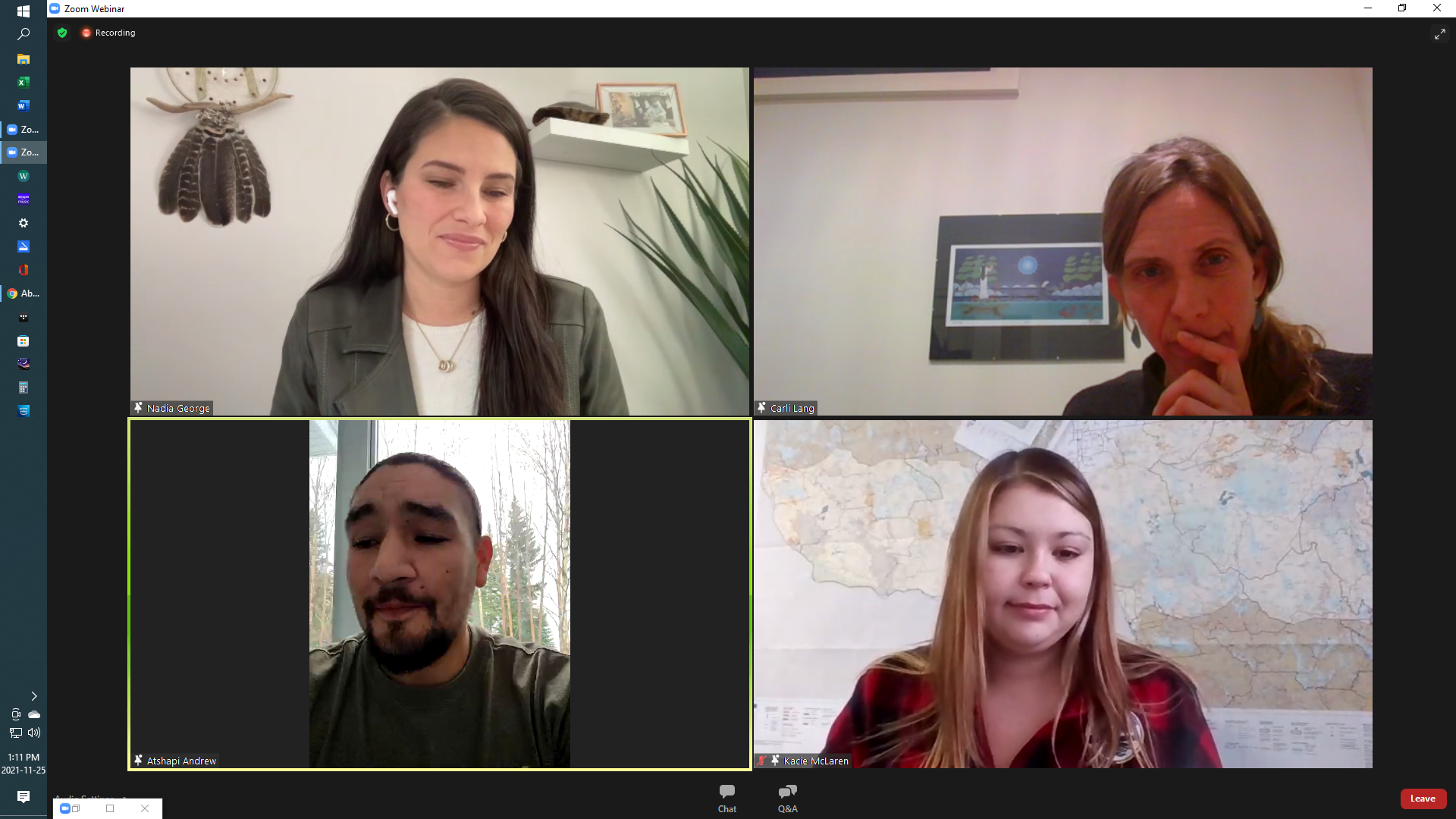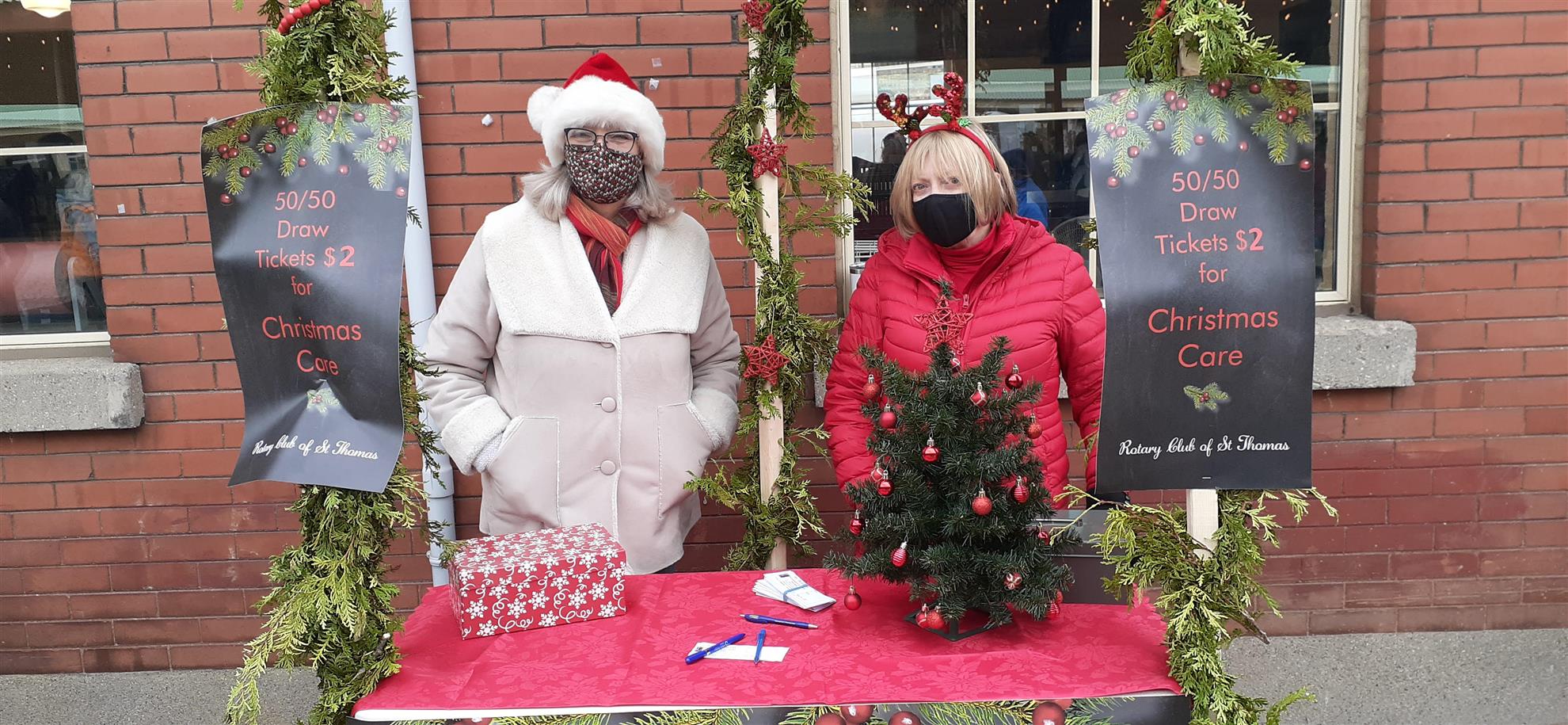25Nov21 Water First Webinar
What Water First does:
DRINKING WATER
The Water First Internship Program is a 15-month paid internship for young adults entering the field of water science. The internship offers participants customized skills training and tutoring to obtain certifications in drinking water treatment and envir-onmental water quality monitoring.Graduated interns have gone into careers as treat-ment plant operators, environmental technicians or pursued further education. The Water First Internship program is a valuable training initiative focused on developing operational capacity locally. Water First continues to collaboratively adapt the program to best serve First Nation communities.
ENVIRONMENTAL WATER
Our Watershed Restoration and Fish Habitat Restoration projects train and employ Indigenous community members to rehabilitate parts of traditional territories to reduce erosion, improve water quality, reduce runoff, and increase viable spawning habitat for traditionally harvested species. Baseline Water Quality and Contaminant of Concern studies provide communities with water quality and contaminant information for their aquatic ecosystems. Importantly, by putting an emphasis on skills and implementation training, communities retain the ability to conduct further monitoring on their traditional territories
YOUTH EDUCATION
Indigenous students from Kindergarten to Grade 8 participate in week-long workshops that promote knowledge, inspire an interest in the water sciences, and expose them to potential career paths inthe water science industry. Students learn about water science through hands-on, inquiry-driven activities, and participate in land-based activities such as tree planting to improve the health of their communities’ watersheds.
(taken from https://waterfirst.ngo/)
Please see pic of panelists. Upper left is Nadia George an Ambassador, upper right Carli Lang PhD Scientific Director, lower left Atshapi Andrew Sheshatshiu Innu First Nation Nfld and Labrador (editor guessed from https://geo.aadnc-aandc.gc.ca/cippn-fnpim/index-eng.html), Kacie McLaren of Kebaowek First Nations bordering Quebec and Ontario.

See link bellow for a hug amount of information on Aboriginal communities in Canada.
Atshapi emphasized happiness and being positive about the future. He is a water technician. Each nation owns its data. He monitors information affecting fish habitat; that is their life line. He has been trained in the modern world’s formal training, but also considers traditional knowledge. He reported work that showed water temperature for fish habitat of below 18 degC lead to 95% survival but above 21 degC lead to 75% survival. His first attempt to get funding for a project failed, but later was successful.
Kacie has a tremendous enthusiasm for her work looking for damage to water systems, remediation, monitoring results and moving rocks to ensure shoreline stabilization. Aboriginals remember traditions for many generations past and think “7generations into the future”. They have monthly meetings with Pulp and Paper Industry and mining industry and dam expansion.
The panelists agreed the we can help by donating (as our club has done), by volunteering, spreading the word of the work done by Water First. Information is shared between communities/nations.
Announcements:
Please see pic below of members staffing 50/50 table and Horton Christmas market. (Editor told they are Barbara and Nancy)

Saturday at 12noon we will decorate the Splash pad at Pinafore for Christmas with RCRC.
Next week we meet with Imam and Alfatah Twakkal who will introduce us to the local Muslim commuinity and the issues they are facing.
The board will meet 29Nov21 at 5pm at Wayside to approve a budget.